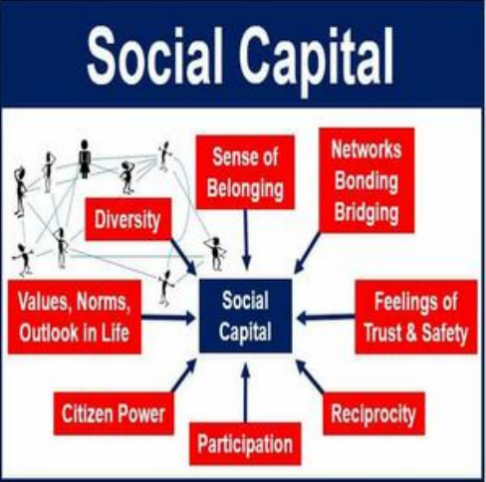While it makes sense that earning a good salary would lead to financial stability, a surprising number of people who earn a lot still feel stuck in a strange situation. Large paychecks often disappear each month, leaving hardly any savings or investments. For those who are used to high incomes and luxurious lives, this isn't just a lack of self-control. Instead, it’s a mix of special psychological, social, and structural factors that slowly chip away at their ability to build wealth—often going unnoticed until they suddenly realize their financial options have disappeared.

The Incremental Lifestyle Creep
High earners often experience a gradual loss of wealth, known as "lifestyle creep," which differs from sudden overspending. This phenomenon comprises small, seemingly reasonable upgrades that people justify due to their increasing earnings. For instance, after receiving a promotion, someone might opt for a larger house in a fancier area, resulting in higher property taxes and more expensive renovations and upkeep. Similarly, a pay raise might lead to a switch from a luxury car to an even more prestigious model, which in turn raises insurance, servicing, and depreciation costs. While none of these adjustments appear excessive on their own, together they form a financial standard that increases alongside income.

This gradual shift is fueled by the "justification effect," in which high earners label each new expense as a "well-deserved reward" for their career achievements. Unlike fixed expenses such as mortgages, these are voluntary choices masked as necessities—like private schooling for kids, premium gym memberships, or upscale travel experiences that become commonplace among peers. The real risk is the slow build-up of these costs—by the time individuals realize what's happening, their monthly spending has adjusted to absorb nearly all their increased earnings.
Social Capital’s Hidden Price Tag
Wealthy people treat spending like a form of social currency, engaging in elite networks such as country clubs and charity events, where being part of these circles implies financial commitments that go beyond just membership fees. These spending habits serve as investments in social connections and prestige, making them harder to give up than typical luxuries. The "comparison trap" boosts this pressure: seeing similar lifestyles among friends pushes even careful spenders to keep up to avoid looking left behind. As a result, spending turns into a performance, with a new watch symbolizing achievement and a second home representing success—transforming what should be a choice into a necessity for acceptance.

The Wealth Conversion Gap
Income, which refers to cash flow, and wealth, consisting of assets that generate passive income, are often mistaken for one another. Many individuals who earn a lot tend to focus more on spending their income instead of building their wealth through accumulating assets. This issue is compounded by mental accounting biases; for instance, people often view bonuses or unexpected financial gains as "extra funds" meant for spending rather than for enhancing their wealth. The inconsistency in income, such as that from stock options or bonuses, combined with the absence of effective saving methods—unlike the automatic savings commonly used by the middle class—results in a decline in wealth. The key to addressing this problem is to be intentional: one should differentiate between spending for status and spending for quality of life, set up automatic transitions from income to assets before increasing living expenses, and redefine success to focus on growing independent wealth instead of merely increasing consumption.




